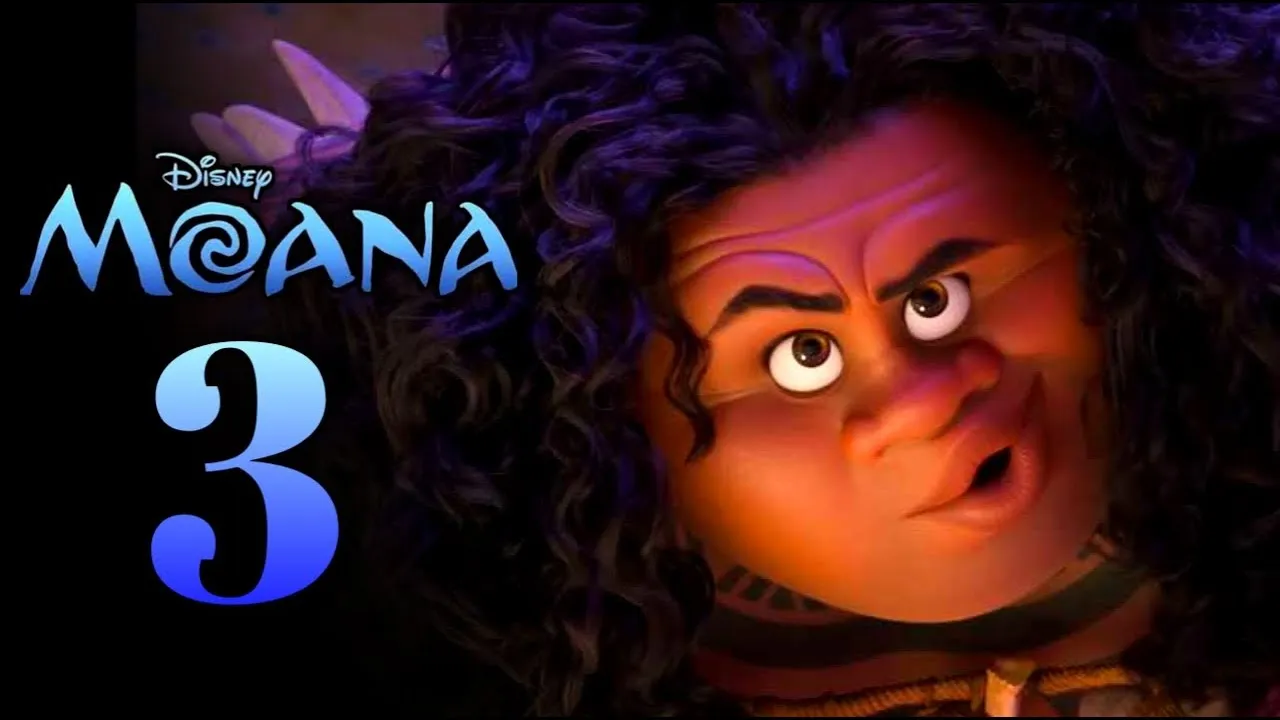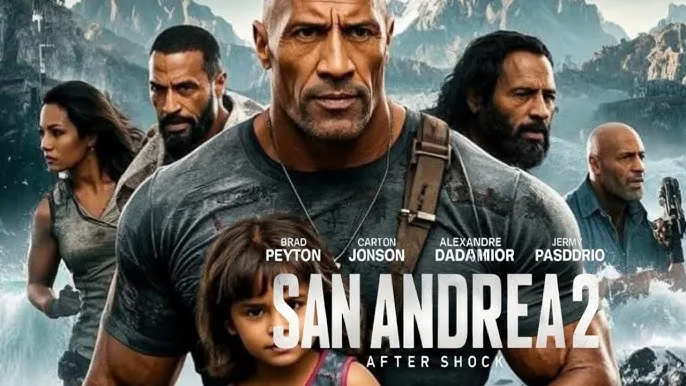The hunt was never for buffalo. It was for something lost in men.
Butcher’s Crossing (2023) is a stark, unflinching deconstruction of the American frontier myth—a haunting meditation on obsession, wilderness, and the cost of manifest destiny. Adapted from John Edward Williams’ acclaimed novel, the film strips the Western of its romance and lays bare the raw, brutal reality of man versus nature—and man versus himself.

Nicolas Cage stars as Miller, a grizzled buffalo hunter obsessed with a hidden valley teeming with untouched herds. He lures idealistic Harvard dropout Will Andrews (Fred Hechinger) into his fever dream: one last great hunt that promises riches, purpose, and glory. But as the expedition rides deep into the Colorado Rockies, the illusion of control begins to erode.
What starts as adventure quickly turns to madness. Trapped by snow and isolation, the men descend into paranoia, starvation, and moral collapse. The once-beautiful wilderness becomes a white graveyard of frozen carcasses—both animal and human. Miller’s quest is no longer about survival or money. It becomes a ritual of self-destruction. And Will, the wide-eyed seeker of truth, is left to confront what’s left of himself in the icy silence.

Director Gabe Polsky (Red Army, The Motel Life) approaches the material with a poetic stillness and a growing sense of dread. The cinematography captures both the sublime and the savage beauty of the West—majestic peaks overshadowing the slow erosion of human sanity. Cage delivers a quietly terrifying performance: a man who believes in the hunt more than he believes in life.
Butcher’s Crossing is not a tale of heroes and outlaws. It’s a requiem for innocence—and a warning that the greatest wilderness is the one inside us.

-1750392566-q80.webp)
-1749260654-q80.webp)
